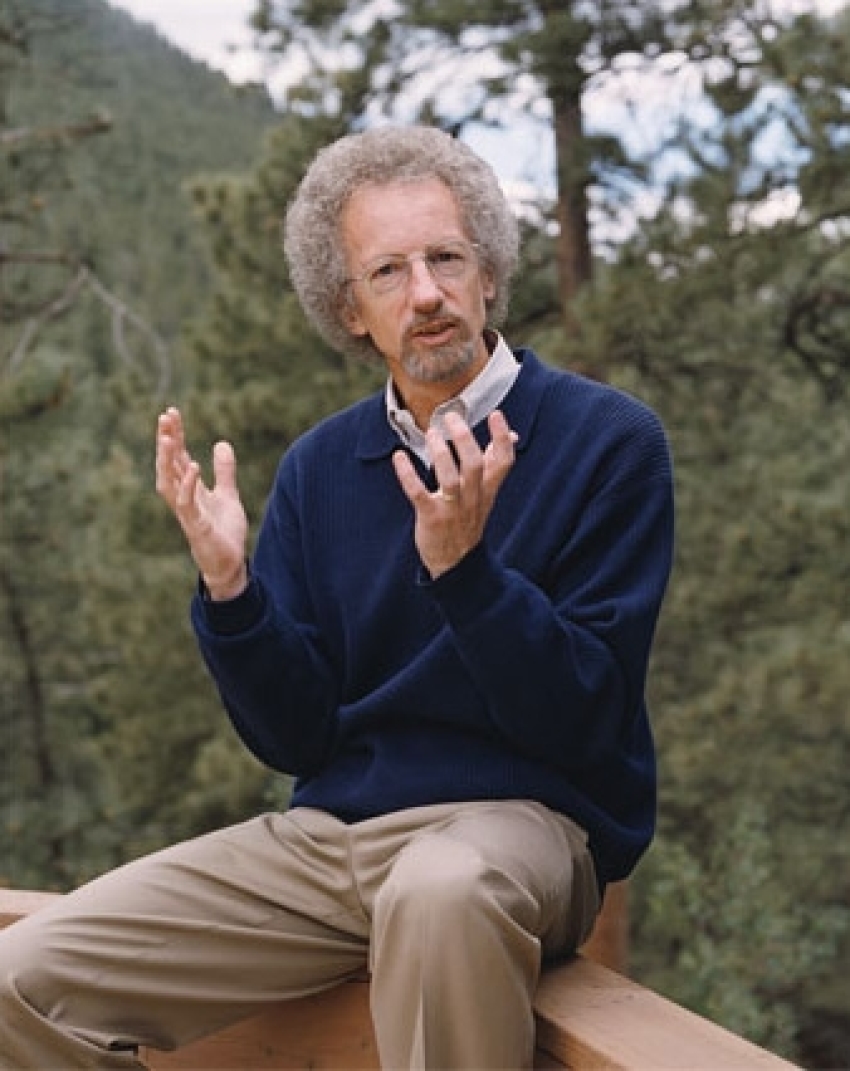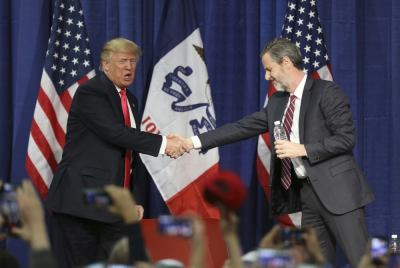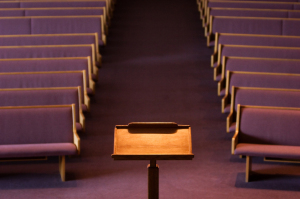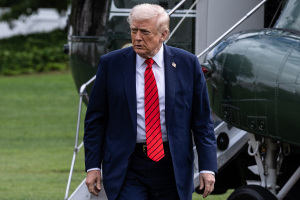Philip Yancey Clarifies Trump-Evangelical Comments; Did Not Endorse Hillary

Best-selling Christian author Philip Yancey took to social media to clarify comments he made regarding his failure to understand how evangelical Christians could support Donald Trump.
In an interview with the European publication Evangelical Focus published last week, Yancey said that he was unable to understand how conservative evangelicals could support Trump, stating that Trump and his campaign often contradict biblical Christianity.
In response to the controversy garnered by his remarks, Yancey posted a message Tuesday on his Facebook page offering more context to his comments.
"I said I was baffled by evangelicals' enthusiasm for a billionaire who acts like a bully, made his money from casinos, and has had several wives and several affairs," wrote Yancey.

"I was addressing Europeans who find it incomprehensible that so many American Christians have lined up behind Donald Trump."
Yancey went on to note that he had no intention of endorsing either Trump or his Democratic opponent, Hillary Clinton.
"I was not endorsing a political candidate, and in the interview I acknowledged that some issues are so important (for example, abortion) that a Christian may decide to vote for a badly flawed candidate because of those issues," continued Yancey.
"Rather, I was cautioning against the church selling its soul for access to power — a danger that Europeans know all too well. In Europe, millions will have nothing to do with church because of the way it wielded power alongside the state in the Middle Ages."
Earlier this month while in Madrid, Spain, Yancey told the European publication Evangelical Focus that he was "staggered" by the evangelical support for Trump.
"I am staggered that so many conservative or evangelical Christians would see a man who is a bully, who made his money by casinos, who has had several wives and several affairs … That they would somehow paint him as a hero, as someone that we could stand behind," explained Yancey.
"I can understand why maybe you choose these policies that you support, but to choose a person who stands against everything that Christianity believes as the hero, the representative, one that we get behind enthusiastically is not something that I understand at all."
Yancey drew a parallel to the history of church and state unification in Europe, arguing that "the more [the church] embeds with politics" the more it is harmed when it is bound to a state that is deeply flawed.
"There are countries in Europe where the church is set back for decades and decades, because they have been stained by how they sold their soul for power," continued Yancey.
"As the United States grows more and more secular, I tell the people there: 'We are becoming more like the fertile soil in which the early church did best'. Like the Roman Empire, this was a pagan and hostile society in which Christians stood out by being different."
Since declaring his candidacy last year, Trump has had a complex relationship with evangelical voters, a crucial voting bloc within the Republican Party.
Trump placed second in the evangelical-heavy Iowa Caucus and received much criticism from assorted evangelical leaders for his inflammatory campaign rhetoric.
However, with Trump clinching the Republican nomination and promising to enact socially conservative agenda items if elected, evangelical voters have become more supportive.
"In April, only 34 percent of weekly churchgoing Republicans supported Trump, according to Pew. But now surveys show that nearly 90 percent of regular churchgoing Republicans support Trump," noted the politics website Fivethirtyeight.com.
"… many evangelicals were initially skeptical of Trump, possibly because of his multiple marriages and combative and often vulgar campaign style, particularly concerning women. In April, according to Pew, only 44 percent of white evangelicals backed him."
CP reached Yancey's team with an interview request, but was told he was unable due to a large number of requests this week on this topic.
"We sincerely appreciate your efforts to collect his response first hand, and apologize that time does not allow," the Yancey representative told CP.
Posted Tuesday to Facebook, as of Thursday morning Yancey's clarification on his Evangelical Focus interview has garnered about 2,200 likes, about 200 loves, and over 1,200 shares.



























